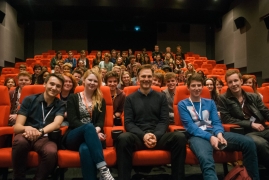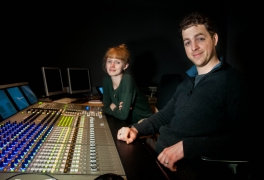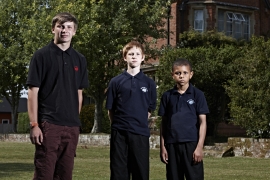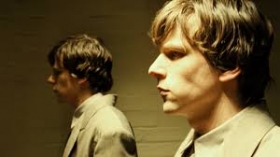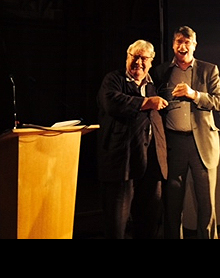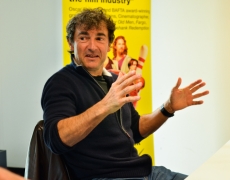
The NFTS has been paying tribute to Oswald Morris, Bsc, the Oscar-winning British cinematographer of films such as Moulin Rouge, The Wiz, Oliver, Lolita, Fiddler on the Roof who has died aged 98. He was an NFTS Honorary Fellow after whom the School’s new building is named at the request of Duncan Kenworthy - a governor and sponsor of the new building. Morris was also a regular visiting tutor who gave masterclasses and workshops on cinematography.
Brian Tufano, Bsc, NFTS Head of Cinematography said ‘Ossie’ Morris was both one of his personal heroes and an inspiration to the NFTS students whose graduation films he watched keenly every year and commented on: “He was a personal inspiration to me as a young filmmaker who was extraordinarily generous in sharing is knowledge and experience. His creative use of light was fascinating, especially the use of filters that broke the rules of Technicolour.
"Among the films that inspired me were Moulin Rouge, Moby Dick, Look Back In Anger, The Entertainer, The Hill, Life At the Top, The Spy Who Came In From The Cold, Oliver and The Odessa Files.”
Oswald Morris taught lighting workshops to students and visited the NFTS six years ago to give a Masterclass. “He came to give a one hour masterclass and it lasted five hours; he had so much to say and the students had so many questions!” added Brian Tufano.
Stuart Harris, NFTS Senior Tutor in Cinematography described him as, “one of the most outstanding directors of photography of the 20th century…a pioneer is using filters in front of the camera. He was a legend in the art of cinematography who leaves behind some of the finest work in the history of film. He rang recently to comment on some of the students' films and always took a keen interest in their work.”
Nik Powell, NFTS Director said the NFTS was saddened by the loss of one of British cinema’s greatest DoPs but that his memory would live on at the School. A photograph of Oswald Morris takes pride of place in the modern teaching building, which is named after him.
Oswald Morris’ body of work:
Morris worked alongside Huston on Beat the Devil (1953), Moby Dick (1956), Heaven Knows, Mr. Allison (1957), A Farewell to Arms (1957), The Roots of Heaven (1958), Reflections in a Golden Eye (1967), The MacKintosh Man (1973) and The Man Who Would Be King (1975).
Morris' 2006 autobiography was titled Huston, We Have a Problem: A Kaleidoscope of Filmmaking Memories. In addition to receiving his Oscar for Norman Jewison's Fiddler, Morris earned Academy Award nominations for his work on Carol Reed's best picture winner, Oliver! (1968), and Sidney Lumet's The Wiz (1978). Morris also collaborated with Lumet on The Hill (1965), Equus (1977) and Just Tell Me What You Want (1980), and teamed with Henson for a second time on The Dark Crystal (1982), the cinematographer's final credit and 58th feature.
His first gig as a cinematographer was on fellow Englishman Ronald Neame's Golden Salamander (1950), and he would go on to pair with the director on The Promoter (1952), The Man Who Never Was (1956), Mister Moses (1965), Scrooge (1970) and The Odessa Files (1974). Regular collaborators also included Herbert Ross on Goodbye, Mr. Chips (1969) and The Seven-Per-Cent Solution (1976); Reed on The Key (1958) and Our Man in Havana (1959); and Tony Richardson on Look Back in Anger (1959) and The Entertainer (1960). Morris also did The Guns of Navarone (1961), The Pumpkin Eater (1964), The Spy Who Came in From the Cold (1965), Sleuth (1972) and the James Bond installment, The Man With the Golden Gun (1974).
For Moulin Rouge, filmed in three-strip Technicolor, Huston wanted the biopic of Toulouse-Lautrec to look as though the French painter had directed it. Morris employed light-scattering fog filters on the camera and filled the sets with smoke so that the actors stood out from the background. Moulin Rouge would become a favorite of Technicolor inventor Herbert Calmus, and Morris was awarded the BSC's best cinematography award for the film.
He was one of the founding members of the British Society of Cinematographers and served as BSC president from 1960-62. He was named an Officer of the Order of the British Empire in 1998 for services to cinematography and the film industry and received the American Society of Cinematographers' International Achievement Award in 2000.

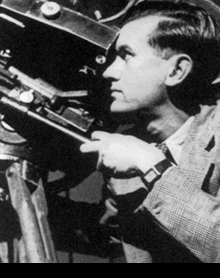

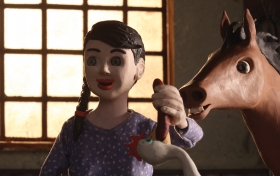

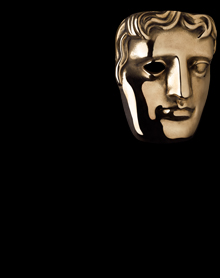



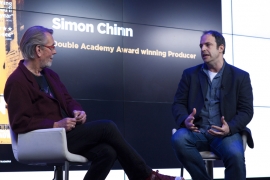

 NFTS 2014 Directing Fiction graduate Rose Glass (pictured left) has been selected by Giorgio Armani to direct a short film that represents the London section of a prestigious international project ‘Films of City Frames'.
NFTS 2014 Directing Fiction graduate Rose Glass (pictured left) has been selected by Giorgio Armani to direct a short film that represents the London section of a prestigious international project ‘Films of City Frames'.






